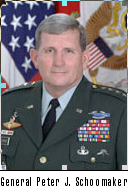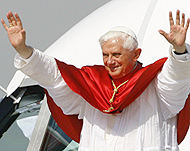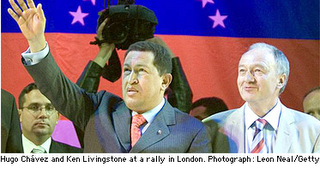Who will research the weed?
 One of the victims of the budget cuts federal Finance Minister Jim Flaherty announced this week was the Medicinal Marijuana Research program.
One of the victims of the budget cuts federal Finance Minister Jim Flaherty announced this week was the Medicinal Marijuana Research program.Marijuana is a drug of great medical promise. An ancient healing drug, its use dates back into pre-history as a treatment for a host of mental and physical ailments. And it continues to be highly useful for, among other things, a preferred therapy for AIDS and cancer, preserving the vision of people with glaucoma, and controlling muscle spasms in patients with multiple sclerosis, epilepsy, spinal cord injury, paraplegia and quadriplegia.
Nonetheless, cutting the federal program seems reasonable. Why not leave drug research to the pharmaceutical companies and save taxpayer dollars? The answer to that question is that drug companies have no interest in marijuana. Patients can, if necessary, grow their own, so the companies can't make a profit off it. Off derivatives they can patent, perhaps, but not off the plant itself.
Indeed, from their perspective, it's even worse. It presents a threat. Because it can replace drugs they sell, and has indeed been proven more effective than some commercial products, it threatens their profits. One wonders how much of the zeal the Bush administration shows in battling marijuana derives from that government's slavish commitment to corporate interests.
At one time, we could have counted on universities to do this sort of research. But not any more. Corporations have captured the universities. Governments now insist that if researchers want grant money they must "partner" with industry. Obviously corporations are reluctant to "partner" with work that offers no reward.
So who will do the research that will allow us to fully benefit from this promising plant? It would seem nobody. Such are the idiosyncrasies of capitalism.




















